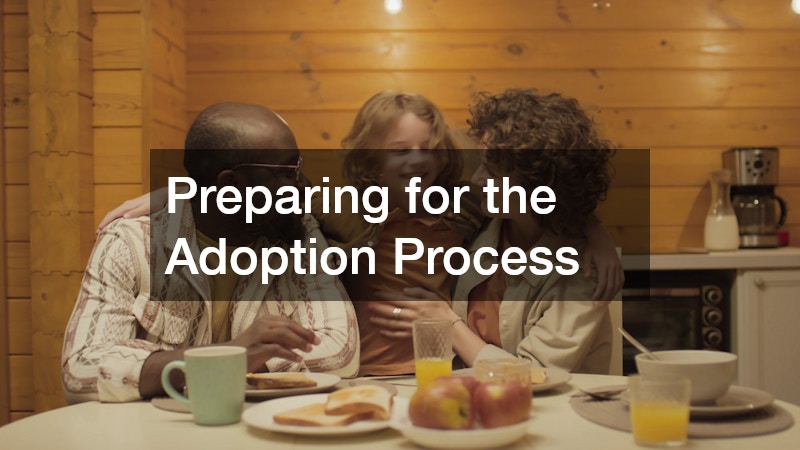Embarking on the journey to adopt a child is a profound decision, filled with hope, anticipation, and a myriad of questions. Understanding what lies ahead is crucial, and adoption agencies are there to guide prospective parents every step of the way. As you stand at the threshold of this life-altering journey, it’s important to familiarize yourself with the processes and expectations involved.
In this article, we delve into what you can expect from adoption agencies, offering insights to help you navigate this path with confidence.
The Role of Adoption Agencies
Adoption agencies play a pivotal role in connecting children who need homes with parents looking to adopt. They are responsible for guiding families through the intricate process of adoption, ensuring that all legal requirements are met. Most agencies provide a range of services, from home studies and counseling to matching parents with children. These agencies act as a bridge, facilitating the communication and legal initiatives between birth parents or guardians and adoptive families. Understanding their comprehensive role can ease the uncertainties many prospective parents face.
One of the initial responsibilities of adoption agencies is performing home studies. This involves assessing the living environment and readiness of potential adoptive parents. During this process, social workers evaluate the family dynamics, financial stability, and emotional support systems in place. This ensures the child’s well-being and determines the family’s eligibility to adopt. Moreover, agencies often provide training sessions to help parents prepare for the adoption and understand the needs of adopted children.
Adoption agencies also offer counseling services to all parties involved, including the birth parents and the adoptive parents. For birth parents, counseling often focuses on understanding the adoption process and coming to terms with their decision. For adoptive parents, it helps in developing suitable parenting skills and handling the complex emotions tied to adoption. These services aim to support a smooth transition for both the child and their new family. Additionally, open communication facilitated by the agency can help mitigate any potential misunderstandings.
Understanding the Different Types of Adoption
Prospective parents need to understand the different types of adoption available through agencies. Domestic adoption pertains to adopting a child within your own country, whereas international adoption involves bringing a child from another country. Each type comes with its own set of legalities, time frames, and challenges. Understanding these distinctions early on helps parents set realistic expectations and make informed decisions. Agencies usually offer detailed guidance on which type might best suit the parents’ circumstances and aspirations.
Domestic adoption often varies in terms of openness, meaning the level of contact between the adoptive and birth families can range from open to closed. Open adoptions allow for communication and even meetings between the two families, which can be beneficial for the child’s identity formation. Closed adoptions involve no identifying information exchange and often come with sealed records. Some parents opt for a semi-open adoption, where communication occurs through the agency. Agencies can help families navigate these levels of openness to suit their comfort and the child’s best interests.
International adoption, while providing the opportunity to give a home to a child from a different culture, involves navigating complex international laws. Agencies guide families through the international adoption process, which typically requires adherence to strict rules of both the home and foreign countries. Prospective parents must be ready to engage in lengthy legal procedures, medical evaluations, and cultural integrations. Agencies often have partnerships with international authorities to facilitate these adoptions. The process can be rewarding but also entails a significant commitment of time and resources.
Preparing for the Adoption Process
Adoption agencies assist families in preparing for the adoption process, ensuring they are informed and ready for the new responsibilities. Preparation involves a series of steps, including educating prospective parents about adoption, legal processes, and understanding the psychological impacts on the child and family. Agencies may provide resources like workshops and literature to enhance understanding and competence in parenting an adopted child. This preparation ensures prospective parents are equipped to handle the unique challenges of adoption. It also provides them with strategies to support the child’s transition into their new family.
During preparation, agencies emphasize the importance of resilience and adaptability in the adoption journey. Adoption, by nature, is a process with unpredictable elements and varying timelines. Agencies prepare families for potential challenges such as bonding issues, attachment concerns, or delays. They impart knowledge on managing expectations and emotional responses to setbacks. This preparedness fosters a supportive environment that is beneficial for the child’s adjustment.




